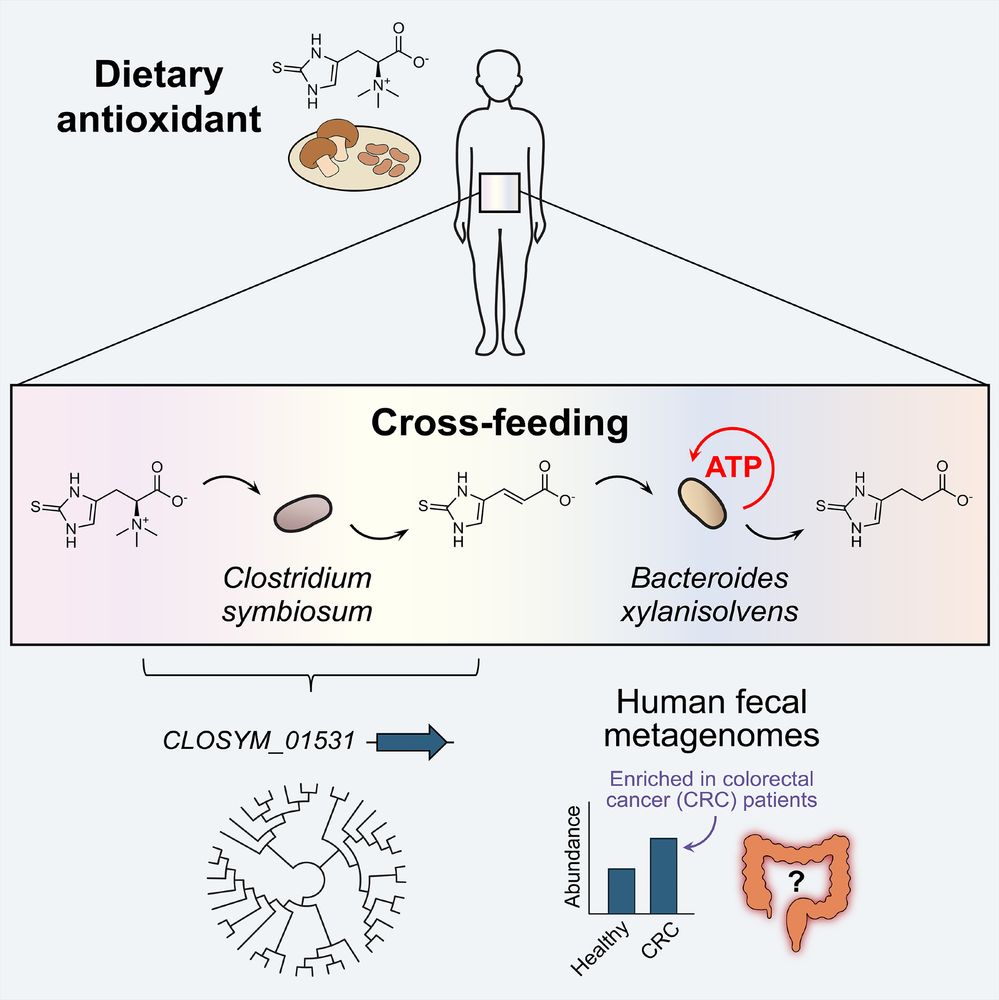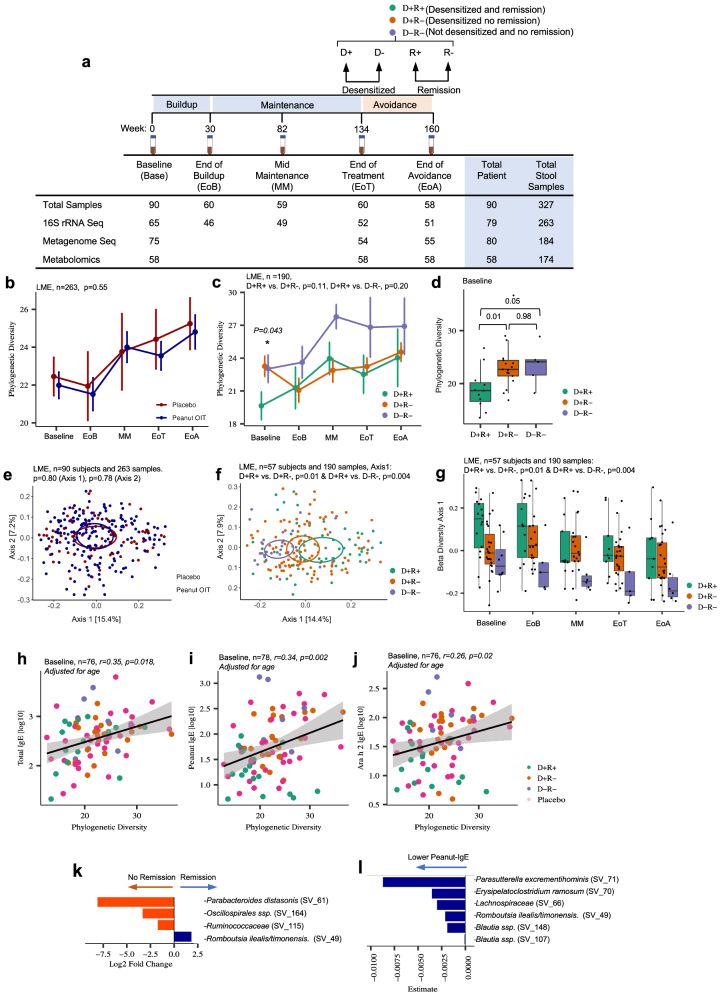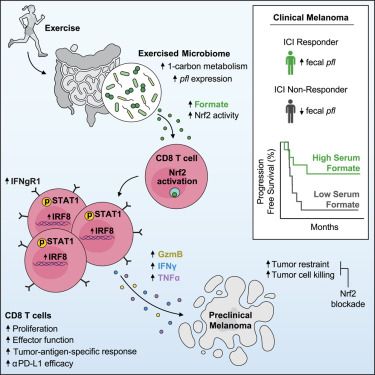Tim Straub
@timothystraub.com
880 followers
3.6K following
38 posts
Senior Data Scientist @ Tiny Health
Data science | bioinformatics| computational biology
Broadly interested in NGS and multi-omics, microbiome, infectious disease, ML/AI, cool science, and big data. Also golden retrievers.
All views are my own.
Posts
Media
Videos
Starter Packs
Pinned
Tim Straub
@timothystraub.com
· Sep 4

Improving immune‐related health outcomes post‐cesarean birth with a gut microbiome‐based program: A randomized controlled trial
Background Infants born via Cesarean section (C-section) often have a distinct gut microbiome and higher risks of atopic and immune-related conditions than vaginally delivered infants. We evaluated ...
onlinelibrary.wiley.com
Reposted by Tim Straub
Reposted by Tim Straub
Tim Straub
@timothystraub.com
· 27d
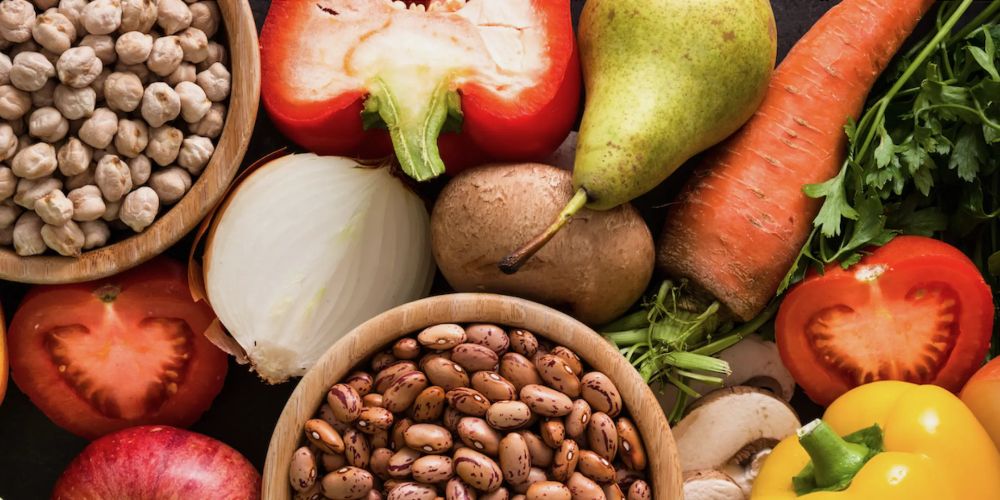
Enter Tiny Health's 30 Plants Challenge for your chance to win big
Join Tiny Health’s free 7-day gut health challenge and get expert tips, daily inspiration, and recipes to help you reach 30 different plants and a healthier gut. Why 30? Research shows that eating a w...
www.tinyhealth.com
Tim Straub
@timothystraub.com
· 29d
Reposted by Tim Straub
Titus Brown
@titus.idyll.org
· Sep 8

Subspecies of the human gut microbiota carry implicit information for in-depth microbiome research - PubMed
Microbial strains within a single species can exhibit distinct functional characteristics due to variations in gene content and often show individual specificity, which can obscure unbiased associatio...
pubmed.ncbi.nlm.nih.gov
Tim Straub
@timothystraub.com
· Sep 4
Tim Straub
@timothystraub.com
· Sep 4
Tim Straub
@timothystraub.com
· Sep 4

Improving immune‐related health outcomes post‐cesarean birth with a gut microbiome‐based program: A randomized controlled trial
Background Infants born via Cesarean section (C-section) often have a distinct gut microbiome and higher risks of atopic and immune-related conditions than vaginally delivered infants. We evaluated ...
onlinelibrary.wiley.com
Reposted by Tim Straub
Reposted by Tim Straub
Guillaume Méric
@gmeric.bsky.social
· Aug 5

Investigation of associations between the neonatal gut microbiota and severe viral lower respiratory tract infections in the first 2 years of life: a birth cohort study with metagenomics
Early-life gut microbiota affects immune system development, including the lung immune response (gut–lung axis). We aimed to investigate whether gut m…
www.sciencedirect.com
Tim Straub
@timothystraub.com
· Jul 31
Eric Topol
@erictopol.bsky.social
· Jul 31
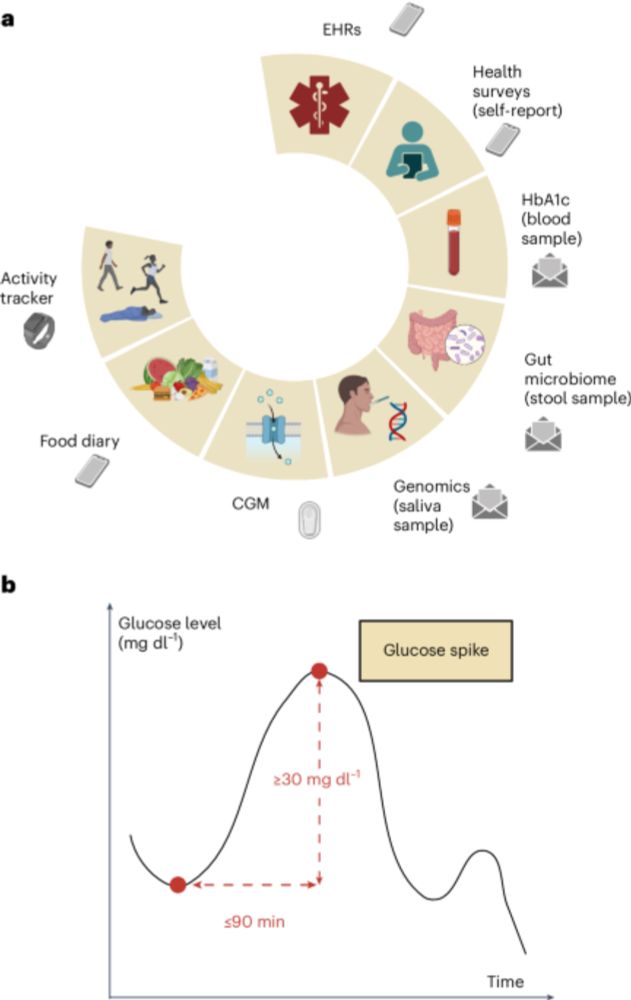
Multimodal AI correlates of glucose spikes in people with normal glucose regulation, pre-diabetes and type 2 diabetes - Nature Medicine
Multimodal data from 347 deeply phenotyped individuals including healthy, prediabetic individuals and individuals with T2D report remotely acquired patterns of glucose control via continuous glucose m...
www.nature.com
Reposted by Tim Straub
Ivan Zanoni
@lozanzi.bsky.social
· Jul 26

A gut sense for a microbial pattern regulates feeding - Nature
A study reveals a gut–brain sensory pathway through which the microbial component flagellin activates neuropod cells in the colon to signal the brain and reduce feeding in mice.
www.nature.com
Reposted by Tim Straub
Reiner
@erlangen.bsky.social
· Jul 5
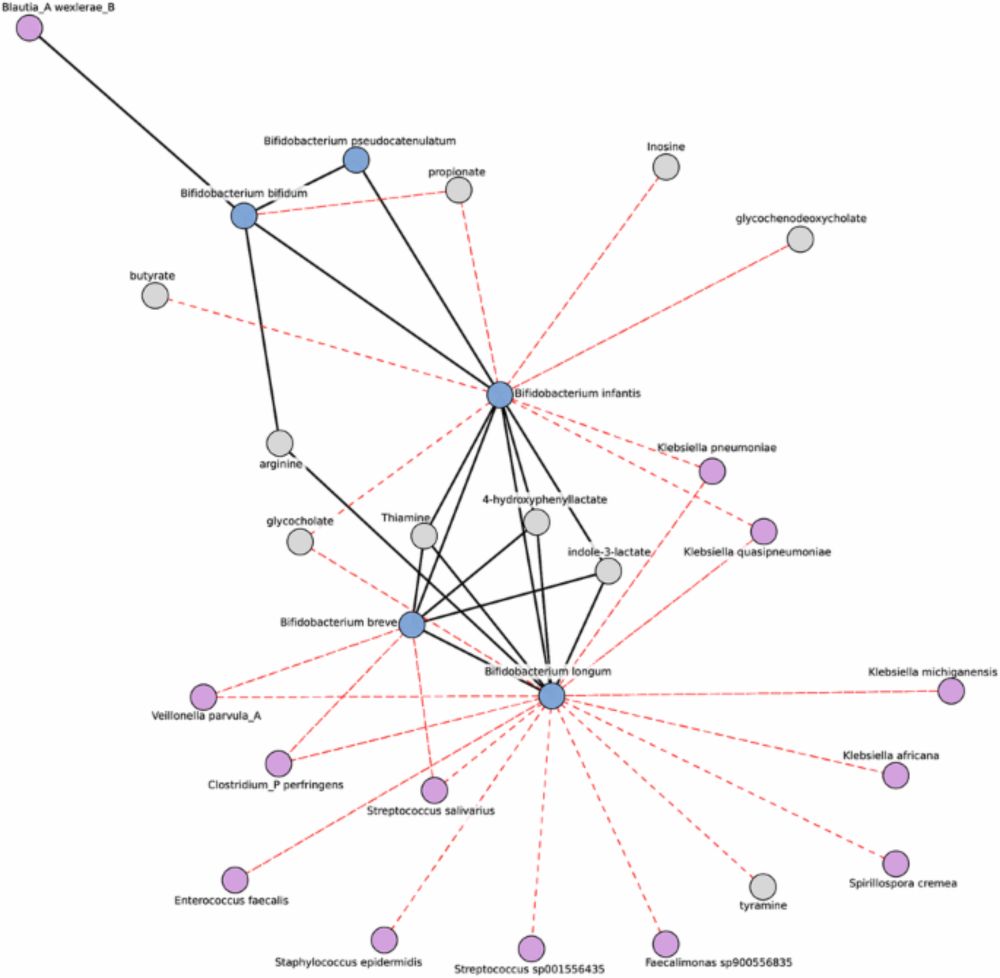
Bifidobacterium deficit in United States infants drives prevalent gut dysbiosis - Communications Biology
The My Baby Biome Study demonstrates that three gut microbiome community clusters exist in infants in the United States. These compositions vary on the prevalence and abundance of Bifidobacterium and ...
www.nature.com
Reposted by Tim Straub
Ákos T Kovács
@evolvedbiofilm.bsky.social
· Jun 12

Metabolic ecology of microbiomes: Nutrient competition, host benefits, and community engineering
The microbiomes of plants and animals provide many benefits, but their diversity and
variability make them challenging to understand. However, in all microbiomes, microbes
must harvest nutrients to th...
www.cell.com
Reposted by Tim Straub








